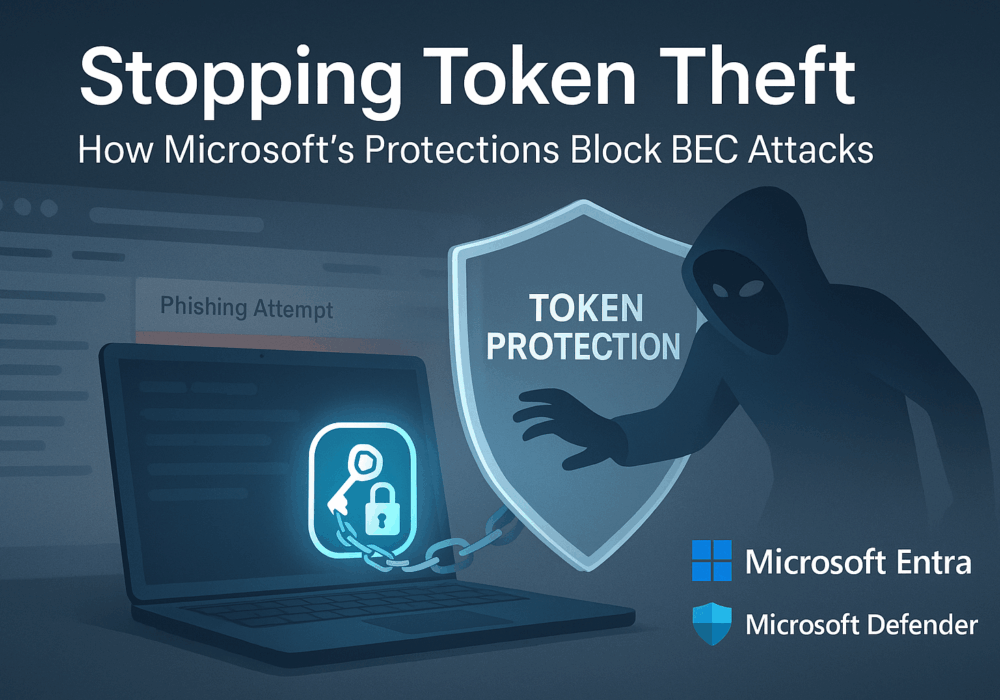In May of 2021, the United States’ largest pipeline, Colonial Pipeline, halted operations due to a ransomware attack. At the time, Colonial Pipeline carried 45% of the fuel used on the U.S. East Coast, running from Texas to the New York Bay Area. The attack was carried out by a Russian-based hacking group known as ‘Darkside’. The hacking group exported over 100GB of data in a 2-hour timeframe from Colonial Pipeline. Later Darkside requested a bitcoin ransom to return Colonial Pipeline data unencrypted and unreleased to the public Internet.
Cybersecurity experts around the world urge ransomware victims not to pay the ransom. The US Treasury banned ransomware payments in 2020. However, Colonial Pipeline decided to pay $4.4 million in bitcoins. Weeks later, the FBI allegedly managed to return back 63.7 of the 75 bitcoins paid to Darkside shocking the cybersecurity community. Bitcoins and their payments are supposed to be untraceable.
According to a report from the DoJ, the FBI was able to get hold of the private key of the Bitcoin wallet(s) where Colonial’s ransom payment ended up, giving them access to their respective cryptocurrency trading account. The FBI then simply transferred the funds in the account(s) to themself whether they knew who owned those wallets or not. Oftentimes hackers will use more than one account/wallet when accepting bitcoin payments so they can further their anonymity.
The recipient of the criminal transaction made a mistake and exposed their bitcoin wallet private keys to the FBI. Bitcoin private keys are usually not only kept private, but also stored in encrypted form where you need two-factor authentication to unlock the private key before you can begin to unlock the funds secured by that private key in the bitcoin wallet.
Here are the most likely ways the FBI may have recovered the private wallet Bitcoin keys:
It’s a relief the FBI recovered a large piece of the funds in this case, although there are certain things you should be doing in light of this event:
In addition to these cryptocurrency-specific actions, your company needs to take proactive measures to first reduce its chances of being hit by ransomware. CyberHoot recommends the following best practices to avoid, prepare for, and prevent damage from these attacks:
Start building your robust, defense-in-depth cybersecurity plan at CyberHoot.
Source:
Additional Readings:
Discover and share the latest cybersecurity trends, tips and best practices – alongside new threats to watch out for.

Welcome to our two-part blog series on Microsoft’s new email security enhancement now included in Office 365 P1...
Read more
"Being an MSP today is like wearing a neon sign that says, ‘Hack me! I’m the gateway to 100...
Read more
Ever had your phone suddenly lose service for no reason, followed by a flood of “reset your password”...
Read moreGet sharper eyes on human risks, with the positive approach that beats traditional phish testing.
